Lithium batteries have long been heralded as a revolutionary technology, powering everything from smartphones to electric vehicles. However, as we delve deeper into their environmental impact, cost inefficiencies, and safety concerns, it becomes evident that the future of lithium batteries in off-road power sources may lie in alternative technologies.
Despite significant advancements in solid-state and lithium sulfur batteries, the pace of innovation in this field has been relatively stagnant over the past three decades.
As we stand at the crossroads of energy transition, it’s imperative to explore emerging lithium compositions like sodium-ion, graphene, and quantum batteries, and their potential implications for off-road power solutions.
Table of Contents
Challenges with Traditional Lithium Batteries
While traditional lithium-ion batteries have undoubtedly transformed various industries such as the EV sectors, they come with their fair share of challenges. Firstly, their environmental footprint, primarily attributed to the mining and extraction of lithium, cobalt, and nickel, raises concerns about sustainability and ethical sourcing.
Additionally, the high cost associated with lithium batteries poses economic barriers to widespread adoption, particularly in off-road applications where durability and longevity are paramount. Moreover, safety issues, such as the risk of thermal runaway and fire hazards, underscore the need for safer and more reliable energy storage solutions.
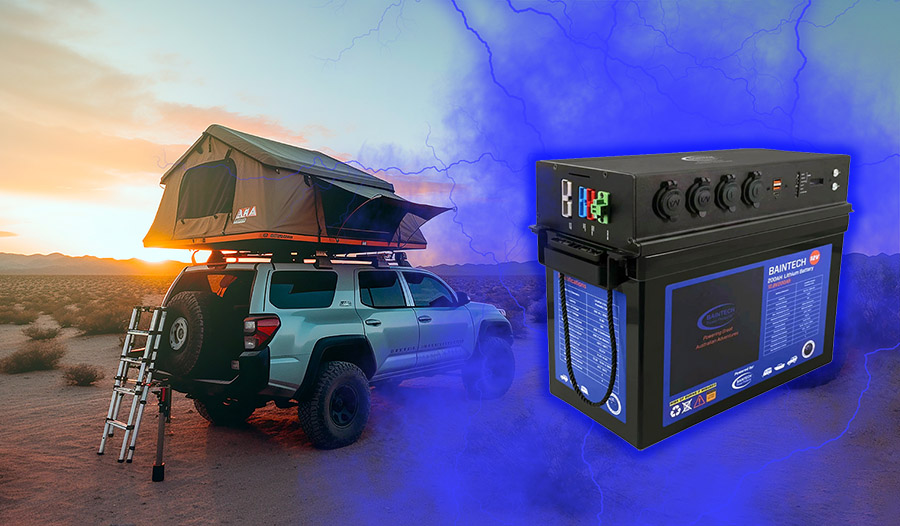
Lithium Iron Phosphate (LiFEPO4)
In the 4WD Off-Road and Camping sector, the best choice for Lithium batteries now used in Dual Battery Setups & Powerboxes is typically lithium iron phosphate (LiFePO4). These batteries utilize lithium iron phosphate as the cathode material and a graphitic carbon electrode with a metallic backing as the anode, belonging to the lithium-ion battery family.
LiFePO4 batteries are gaining popularity due to their affordability, high safety standards, minimal toxicity, extended cycle life, and other advantageous features. They serve various purposes in vehicle applications, utility-scale stationary setups, and backup power systems.
While we await future innovations, LiFePO4 batteries are expected to maintain their dominance in the current market as the optimal solution for portable power needs.
Advancements in Battery Technology
In response to these challenges, researchers and engineers have been diligently working on next-generation battery technologies.
Solid-state batteries, for instance, offer improved safety, energy density, and lifespan compared to conventional lithium-ion batteries by replacing the flammable liquid electrolyte with a solid electrolyte.
Similarly, lithium-sulfur batteries boast higher energy densities and lower production costs, promising a more sustainable alternative for off-road power sources. However, despite these advancements, the pace of innovation in lithium battery technology has been relatively slow, prompting exploration into alternative compositions.
Exploring Alternative Lithium Compositions
The future of lithium batteries in off-road power sources may hinge on novel compositions that address the limitations of traditional lithium-ion technology.
- Sodium-ion batteries: These batteries utilize sodium ions instead of lithium ions, offering a more abundant and cost-effective alternative.
- Graphene batteries: Leveraging the remarkable properties of graphene, exhibit superior conductivity, faster charging rates, and enhanced durability, making them promising candidates for off-road applications.
- Quantum batteries: Atheoretical concept harnessing quantum mechanics principles, hold the potential for unprecedented energy densities and efficiency, albeit still in the realm of theoretical research.

What it Means For 4WD Off-Road Enthusiasts
While traditional lithium batteries have served as a stepping stone in this journey, their limitations necessitate a shift towards more sustainable and efficient alternatives. The adoption of solid-state, lithium-sulfur, and emerging lithium compositions like sodium-ion, graphene, and quantum batteries could revolutionize off-road power sources, offering greater energy density, longevity, and environmental sustainability.
This means when it comes to all your dual battery setups, their will be plenty of benefits such as;
- Enhanced Performance
- Increased Realiaility
- Better Vehicle System Integration
- Weight Reduction
- Safety Enhancements
- Renewavble Energy Sources Compatiablity
- Reduction in cost
Conclusion
The future of lithium batteries in off-road power sources is undergoing a transformative shift, driven by the imperative for sustainability, safety, and performance. While traditional lithium-ion technology has paved the way for electrification, its inherent limitations compel us to explore alternative compositions and architectures.
As these technologies continue to evolve, 4X4 off-road enthusiasts can look forward to more capable and dependable power systems that enhance their driving experience while exploring the great outdoors.


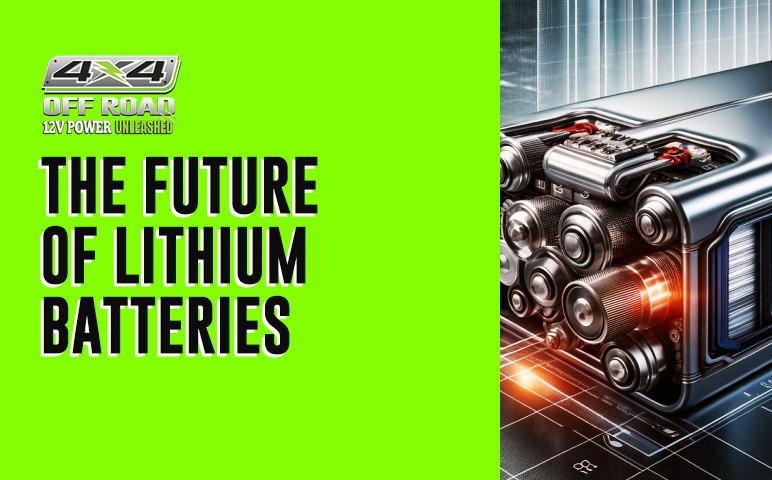
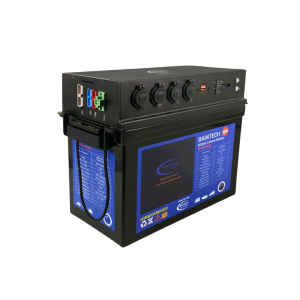
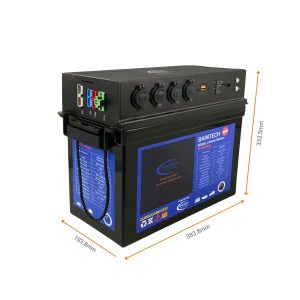
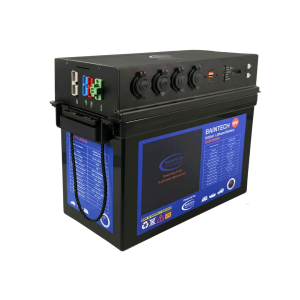
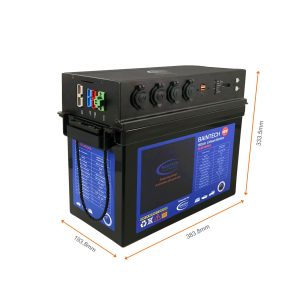
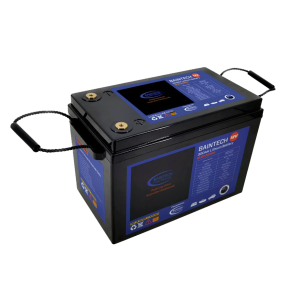
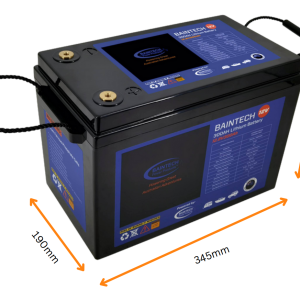
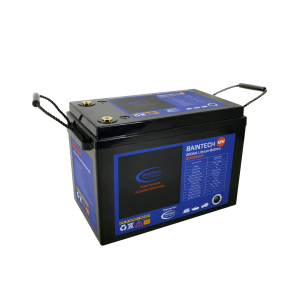
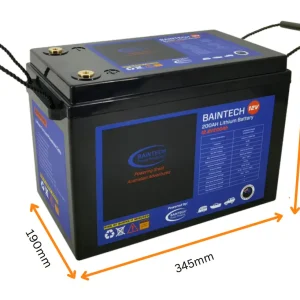

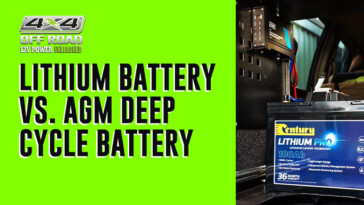
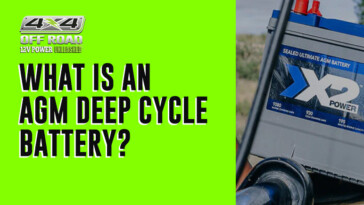
 No products in the cart.
No products in the cart.